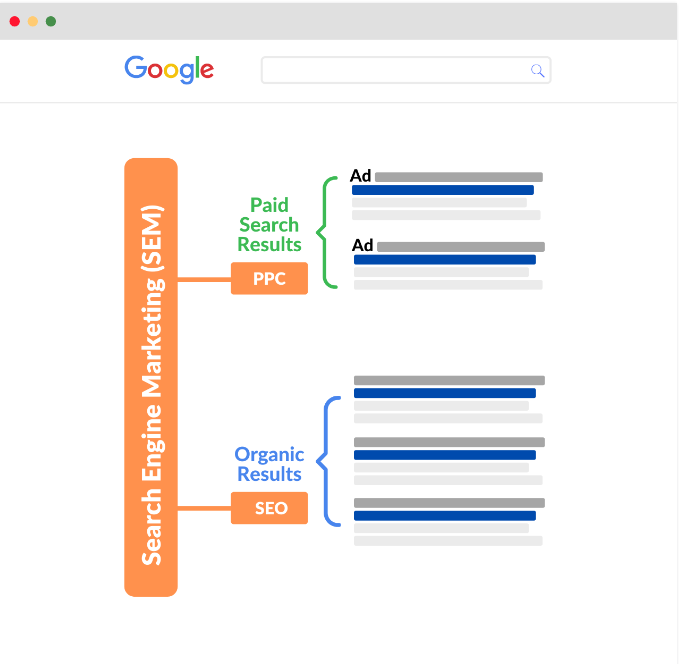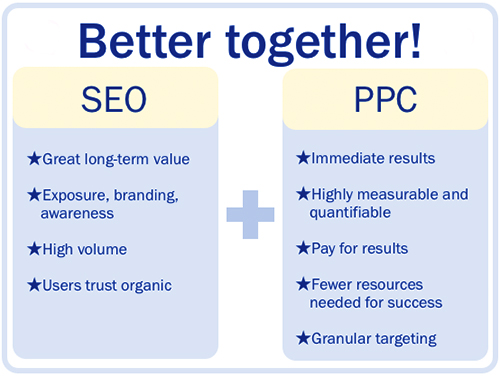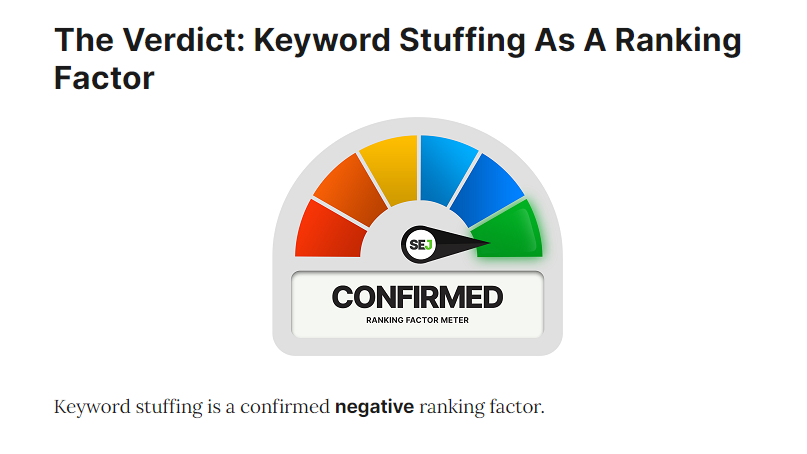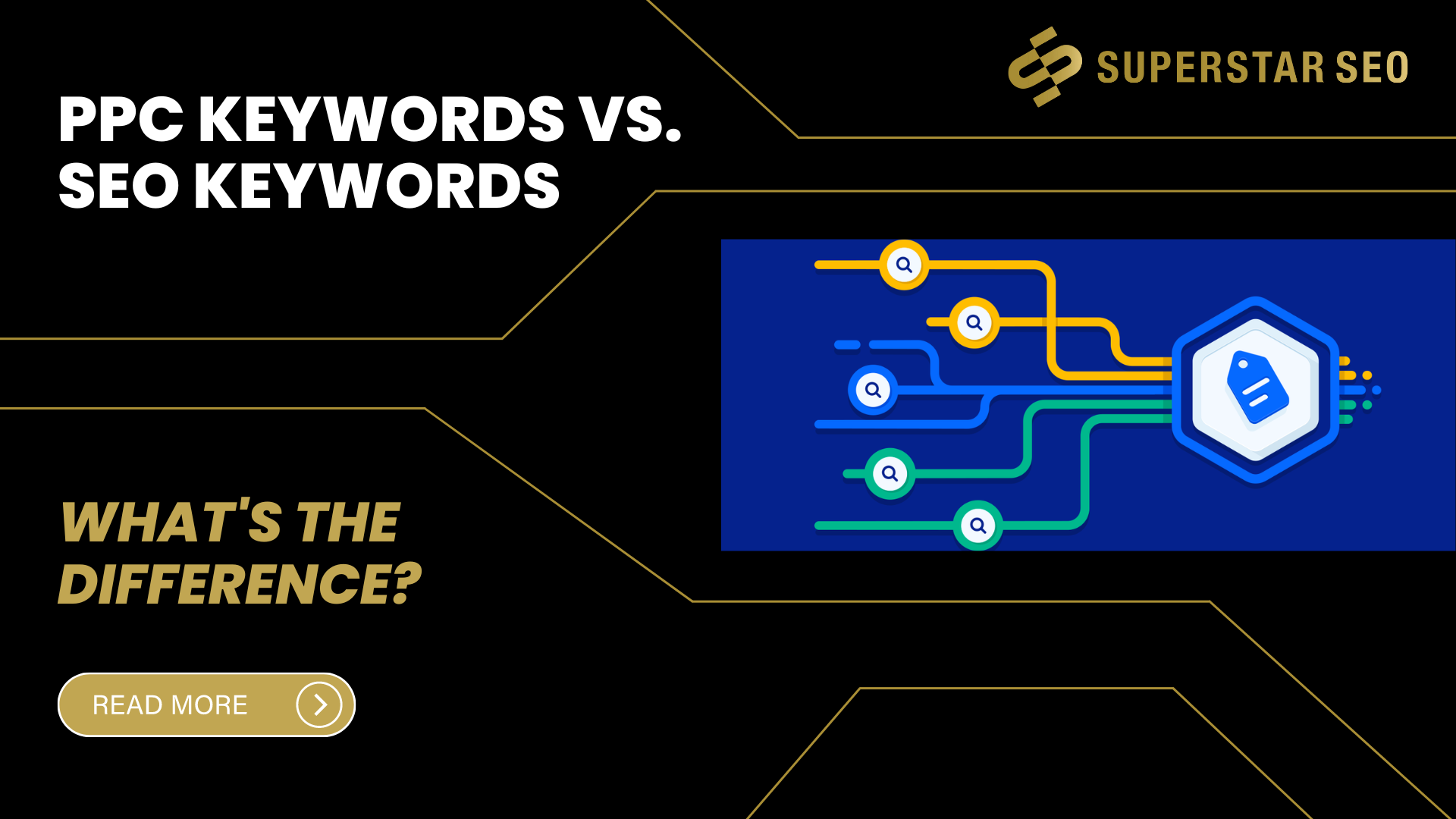PPC Keywords vs. SEO Keywords: What’s the Difference?
When trying to come up with the best keywords to target, it can be difficult to know whether you should use search engine optimization (SEO) or PPC keywords.
Both are great, but how do you know which type of keyword should be your top priority?
Is there really a difference between PPC and SEO keywords?
And if so, how can you use them both to boost your business’s sales?
Let’s break down the key differences between these two types of keywords and discuss how you can use them together to get more customers for your business!
Difference Between SEO and PPC
In short, SEO focuses on bringing website visitors to your site, while PPC focuses on getting more people to click on ads. But that doesn’t fully cover it.
With PPC, you literally pay for every click.
This means you pay for ads that appear at the top of a search result for keywords you choose to pay for.
In this case, you can only afford to run ads on keywords you think will give you a good return on the ad.
Comparably SEO clicks are free.
This means you don’t have to worry about the immediate profitability of your keywords.
After all, when the traffic is free, every sale is profitable in a sense.
Of course, building an SEO strategy is necessary to help your site rank first on search engines.
But you don’t have to find the most profitable keyword(s) to bid on, like with PPC.

Why Do You Need to Have Two Separate Keyword Lists?
Unlike search engine optimization, which focuses on how you rank in the search engines, pay-per-click advertising is about how many people will click on your advertisement.
This means that keywords and phrases for your PPC campaign should focus more on what phrases are likely to prompt a person to click through to your website.
The thing is that each keyword list does a different job, even though you will see some overlap.
For example, every exact match keyword phrase in a PPC keyword report should also be present in your SEO keyword report.
For example, let’s pretend you offer marketing software and the word “marketing” appears in both your lists.
You may be thinking, ‘This is a great keyphrase used for both purposes,’ right?
Well, for your PPC keyword list: it is enough if you intend on running it as a broad match term.
For your SEO keyword list: not so much
In your SEO keyword list, the 1-word keyword phrase “marketing” wouldn’t make sense if you are trying to get your content in front of potential buyers of a marketing software.
Moreover, there are other differences to look at

SEO Keywords Matter More Inside the Content on a Page
This is because Google evaluates your website and how you are using your keywords inside the content of your pages to figure out if it deserves a higher ranking on their index.
After all, the primary use for keywords in SEO is to help Google understand the topic of your content and help it get indexed.
The content Google indexes daily encompasses an entire catalog of topics.
Still, with the right keywords placed in top priority areas, you can increase the chances that the content goes straight to the first page.
Meanwhile…
PPC Keywords Matter More Inside the Ad Copy
A pay-per-click keyword relates to an ad campaign that triggers when someone performs a search using one of your keywords and selects your business listing.
Once they click on the ad, you will be charged a fee (the bid amount).
Paying per click ensures you only spend money on people who are interested in your product or service.
If they don’t click through to your site or make a purchase from you, then you haven’t wasted any money.
However, unlike with SEO, you need to incorporate the phrase “marketing software” into three areas:
- The ad copy
- The ad headline
- The landing page URL
If your keyword phrase is incorporated into those three areas of your ad copy, you should soon begin seeing traffic to your website.
For SEO, Your Pages Must Be Optimized for Closely Related Keywords
The best way to get more traffic is to create more content.
The more content you have, the more traffic you can drive.
But creating content isn’t just about quantity; it’s also about quality.
For a successful SEO campaign, you need multiple pages of content optimized for closely related keywords.
One keyword is not enough, but also you must be wary of keyword stuffing.

For example, if you’re trying to rank for “brochure design” and “brochure templates,” each page should contain at least one piece of content that is optimized for that keyword.
The best way to accomplish this is by using keyword research tools to find the most relevant keywords and then coming up with a plan on how they can be used in a blog post or other piece of content.
With PPC, Even One Keyword Used in the Right Position Generates Leads
A compelling ad formatted with keywords in the correct positions can generate clicks to one landing page.
And in this case, it doesn’t matter how many keywords you decide to use in your campaign.
The truth is, you can use whatever number of keywords you want and still see success.
The goal of the ad is to grab the reader’s attention and push them to click through.
The more relevant and actionable your message, the better it will be received by potential customers.
As long as you can get potential customers interested enough to click on an ad and read more than just a couple sentences, then your PPC campaign will be successful!
Conclusion
PPC keywords and SEO keywords are both useful when it comes to their respective campaigns.
You can use PPC Keywords for different purposes with some overlap.
Those major differences mentioned above may seem trivial, but they are essential to understand as you start a campaign to grow your business confidently.
No matter how you choose to use keywords, the goal should always be: to earn you conversions.





